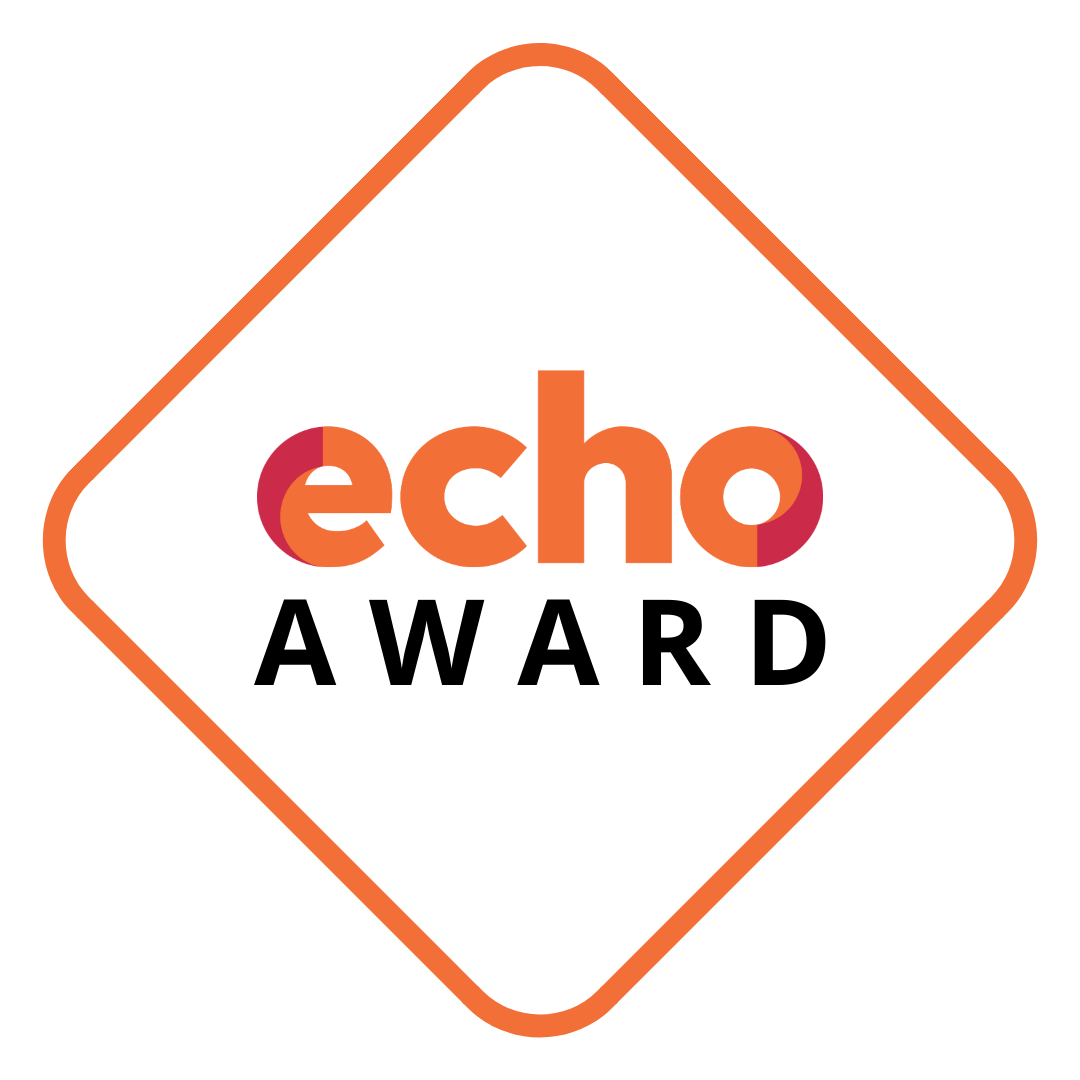Frequently asked questions
Are students who are currently in the process of graduating still eligible for the ECHO Award 2025?
Yes, students who are in their graduation phase and will graduate before the summer can still be nominated for the ECHO Award.
What categories are there this year?
This year, three Awards will be presented:
• ECHO Award HBO: For students in universities of applied sciences (HBO).
• ECHO Award WO: For students in research-oriented higher education (WO).
• ECHO Current Affairs Award: For students in either HBO or WO who are making an impact on urgent societal issues.

How is it determined which category a student falls under?
-
- Students in universities of applied sciences are generally placed in the ECHO Award HBO category.
- Students in research universities are generally placed in the ECHO Award WO category.
- When a student’s work explicitly addresses pressing societal issues that are not tied to one specific educational sector, they may qualify for the ECHO Current Affairs Award. The jury will assess whether the student’s impact fits this category.
How many students can each institution nominate?
Each institution may nominate a maximum of 3 candidates per category. Based on this guideline, a total of 6 candidates may be nominated per institution.
Who is the target group for the ECHO Award?
The ECHO Award is aimed at:
-
- Students with a non-Western background*.
- Students with a refugee background.
International students are eligible only if they:
-
- Identify as part of a marginalized community in their own context.
- Plan to settle in the Netherlands.
- Have contributed to Dutch society in a meaningful way.
*For the definition of “non-Western,” ECHO refers to the former classification of Statistics Netherlands (CBS): “A person with a migration background from one of the countries in Africa, Latin America, or Asia (excluding Indonesia and Japan), or Turkey.”
Since CBS uses a socio-economic framework and ECHO applies a socio-cultural framework in the Dutch context, ECHO chooses to include Indonesia and Japan in the “non-Western” category. For any questions about this approach, read on here or please feel free to contact us.
Is a GPA of 7.5 a strict requirement?
No, the jury considers a GPA as one good indicator of excellence, but certainly not the only one. The GPA is always evaluated in relation to the student’s individual context.
Is the “excellent English” requirement strict?
No, we do not expect candidates to be native speakers. The level of English must be sufficient for the candidate to participate in an English-language conversation and follow courses at UCLA.
Can student associations nominate candidates?
No, candidates must be nominated by a representative of the higher education institution where the student is enrolled. The reason for this is that the ECHO Award serves as a tool to highlight and advance the topic of diversity and inclusion within the institution.
For further questions, feel free to contact the ECHO Award coordinator, Pravini Baboeram: pravini@echo-net.nl.
